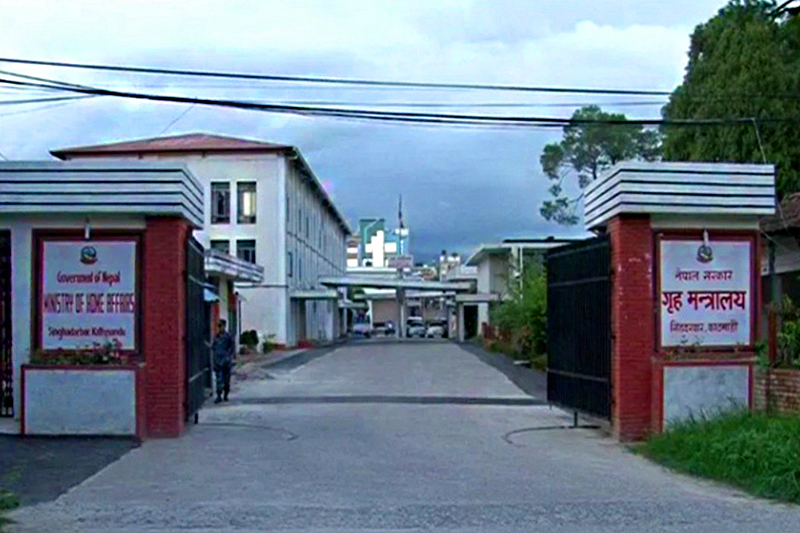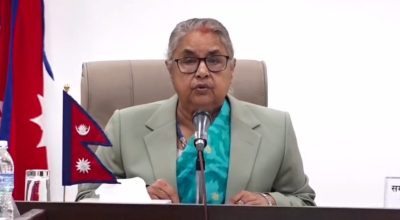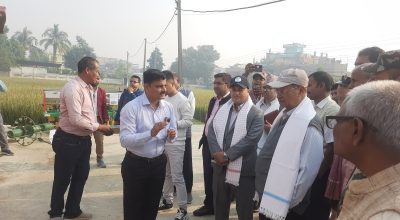
Kathmandu: The prohibitory order imposed in Kathmandu valley has been relaxed to allow vehicular traffic on an odd and even basis with effect from tomorrow.
The Chief Districts Officers of the three districts in the valley-Kathmandu, Lalitpur and Bhaktapur took a joint decision to facilitate public life and allowing trade and businesses to run on select times and days of the week.
The new order will remain in effect until September 15 midnight. Accordingly, public vehicle with more than 16-seat capacity will be allowed to carry passengers while taxis are allowed to carry only two passengers.
Private vehicles and motorcycles will also be allowed to ply on the odd and even number plate basis. The odd and even number provision however does not apply for goods carrier vehicles.
Drug stores and water-related business will be allowed to run 24 hours, while grocery and vegetables shops can open until 11 in the morning and from 5 to 7 in the evening.
Similarly, kiosks and cart shops, stationery, electronic and electrical outlets, department stores would be allowed to open till 11:00am in the morning and three hours in the evening from 4:00pm.
Similarly, vehicle workshops on can be operated from 8:00 am to 8:00pm. The service of take-away foods would be available from midday to 7:00pm. While operating industries and factories, the employees need to be managed accommodation in the same place.
The online class and the related service can be conducted with adherence to health safety measures.
The movement of those going for foreign job would be eased. The persons giving swab must stay in quarantine till the report is received. It is the same for the case of those kept in contract tracing.
The vehicles used for essential services would however be operated as usual. Moreover, the bank and financial institutions will be operated as the standard set by Nepal Rastra Bank.
The valley administration has however kept intact the prohibition on crowds in public places, rally, pageant, jatra, fair, festival, feasting, mega religious activities, and industries that draw crowds.
Prohibition is also continued on religious and cultural programmes, educational activities, seminar, cinema, party palace, recreational palaces, beauty parlours, salon, spa, swimming pool, library, and zoo.
The workers could not be transported against safety standard.













